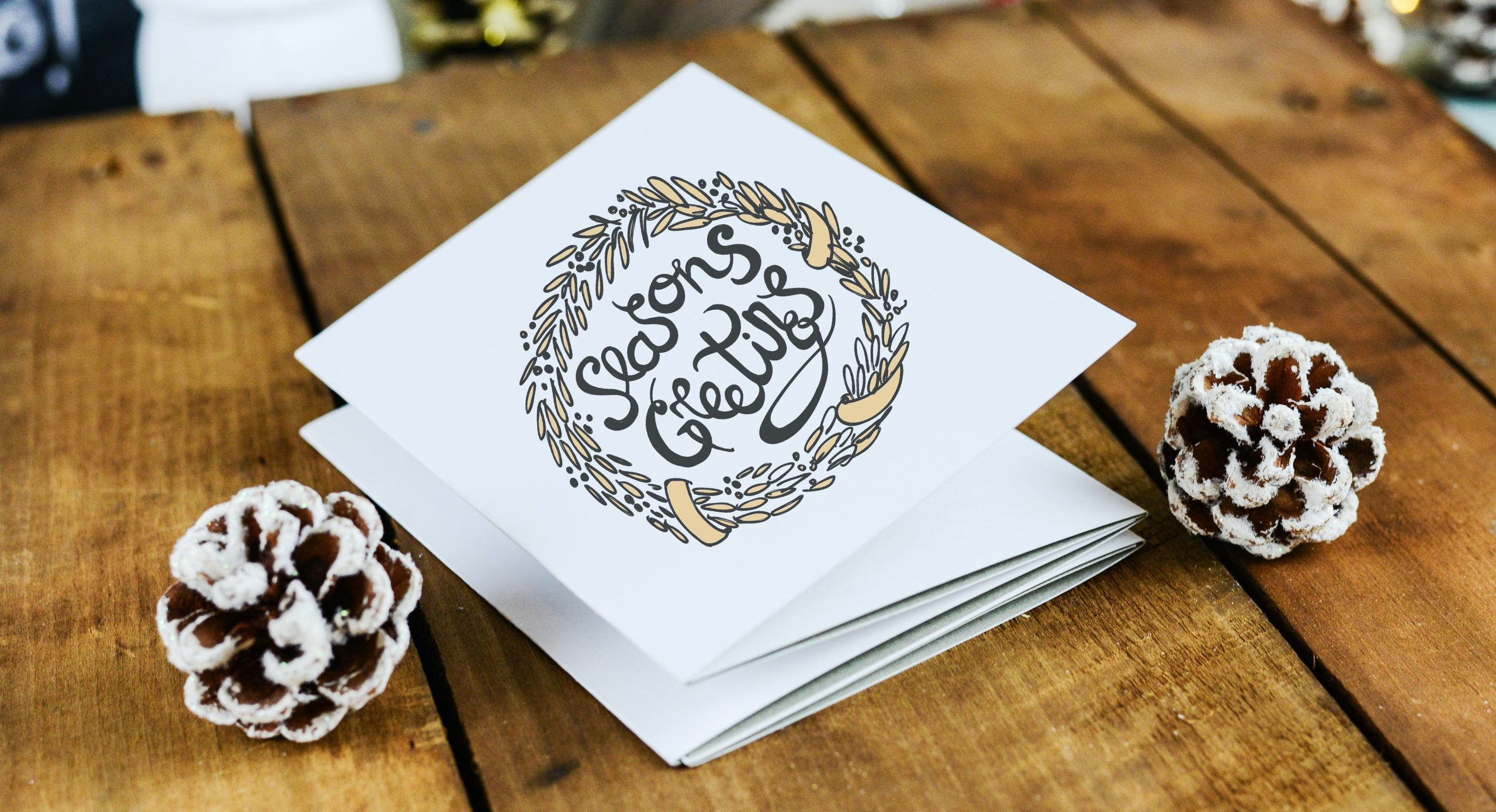 Alex Burrell is an ST4 Academic Clinical Fellow in General Practice based in Bristol, and a recent Editorial Fellow at BJGP & BJGP Open
Alex Burrell is an ST4 Academic Clinical Fellow in General Practice based in Bristol, and a recent Editorial Fellow at BJGP & BJGP Open
On New Years Eve 2019 as we ushered in the start of a new decade, the words, ‘I have a feeling it’s going to be a great year,’ were spoken. No one batted an eyelid and the celebrations continued into the early hours. Three months later, the country was in lockdown and the world was coming to terms with a global pandemic on a scale not seen since Spanish flu. As we approach the end of another year, it’s worth reflecting on Christmases affected by Covid-19 and what we might learn from them as clinicians and as people.
Christmas 2020 took place amid the chaos of the tier system with a newly identified strain of the virus spreading rapidly in south-east England.1 Having claimed it would be “inhuman” to cancel Christmas and taunted the opposition for suggesting it may be prudent to do so, Boris Johnson created a “Tier 4” area covering London and the South East.2 No one in these areas was allowed to mix with anyone from other households other than a single person outdoors. Elsewhere in the country, up to three households were allowed to form a “Christmas bubble” for 25th December only. Having spent every previous Christmas with family (being very lucky with rotas and supernumerary jobs over the years), spending the day with friends offered the chance to experience new ways of doing things and to realise how varied everyone’s experience of something as seemingly ubiquitous as Christmas can be. The opportunity to reflect on why we do what we do, in the context of a day of secular or religious social traditions, was thought-provoking. Similarly in medicine, continuing to develop as a clinician by exposing yourself to other perspectives and ways of practising keeps the job interesting and can lead to transformative change.
We had both crawled through difficult jobs and rotas to Christmas and arrived with an air of desperation hoping to switch off from the outside world.
In 2021, the legal landscape around Covid-19 was markedly different, with no curbs on socialising.3 As we had done for a number of pre-covid years, my partner and I travelled to stay with her parents. We had both crawled through difficult jobs and rotas to Christmas and arrived with an air of desperation hoping to switch off from the outside world. When my partner awoke with a sore throat on Christmas morning, the tree wasn’t the only thing lit up as a positive lateral flow test revealed our fate.* Soon afterwards we were queuing in a car park for a PCR test before heading home to spend the festive period isolating, dejected and despondent. At a time when the world around you seems to be celebrating and full of joy, feelings of loneliness can be heightened. For those people that have never felt safe to fully return to a world in which exposure Covid-19 remains eminently possible, who we still regularly encounter in clinical practice, this may be a particularly difficult time of year. As clinicians, we should be cognisant of the physical and psychological sequalae of loneliness4 and keep our most vulnerable patients in mind. As people and members of the community, we can reach out to those we know are struggling and support organisations acting to combat this hidden pandemic.5
And so to today. Staff are no longer required to wear masks in clinical settings and most healthcare workers are no longer required to test even when symptomatic;6 however, daily deaths with Covid-19 have steadily increased over recent months7 and long covid continues to impact thousands of lives.8 As we celebrate with friends and family, questions of risk and reward may arise: should I test? Should I stay away? What precautions, if any, should we take? Finding the ‘right’ answer, when society and work appear to have returned to normal, may be complicated.
*Consent has been granted to share this information
References
- Sample I. How a new Covid strain may have spread virus in south of England. [Internet]. London: The Guardian; [cited 2023 October 16th]. Available from: https://www.theguardian.com/world/2020/dec/14/how-a-new-covid-strain-may-have-spread-virus-in-south-of-england
- Stewart H. PM announces ‘tier 4’ Covid curbs and curtails Christmas mixing in England. [Internet]. London: The Guardian; [cited 2023 October 16th]. Available from: https://www.theguardian.com/world/2020/dec/19/pm-announces-tier-4-covid-curbs-and-curtails-christmas-mixing-in-england
- Walker P. No new Covid restrictions before Christmas, Boris Johnson confirms. London: The Guardian; [cited 2023 October 16th]. Available from: https://www.theguardian.com/politics/2021/dec/21/no-new-covid-measures-before-christmas-boris-johnson-confirms
- Cacioppo S, Grippo AJ, London S, Goossens L, Cacioppo JT. Loneliness: clinical import and interventions. Perspect Psychol Sci. 2015;10(2):238-249. doi:10.1177/1745691615570616
- Age UK. Help make this Christmas a little brighter for a lonely older person [cited 2023 October 16th]. Available from: https://www.ageuk.org.uk/get-involved/brighter/
- Ryan F. Charities call on NHS England to bring back Covid precautions for staff. London: The Guardian; [cited 2023 October 16th], Available from: https://www.theguardian.com/world/2023/oct/08/charities-call-on-nhs-england-to-bring-back-covid-precautions-for-staff
- uk. UK Coronavirus Dashboard. [cited 2023 October 16th]. Available from: https://coronavirus.data.gov.uk/details/deaths?areaType=overview&areaName=United%20Kingdom
- Waters A. Long covid: the doctors’ lives destroyed by an illness they caught while doing their jobs BMJ 2023; 382 :p1983 doi:10.1136/bmj.p1983 *Consent has been granted to share this information






